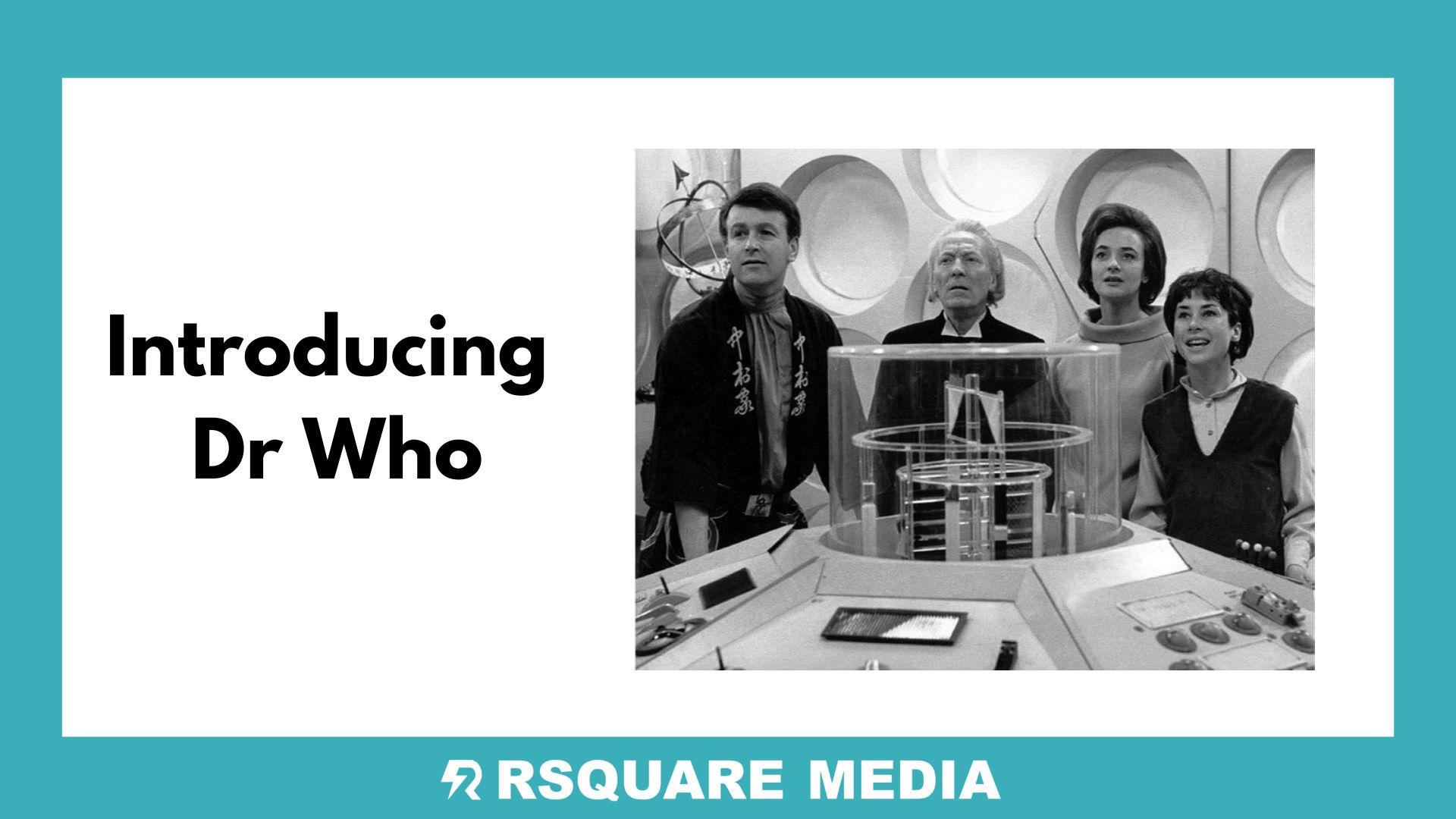
Introducing Doctor Who
Doctor Who, the BBC’s beloved sci-fi series, has captivated audiences for over six decades with its fantastical adventures through time and space. Since its debut in 1963, the show has aired over 850 episodes, with a global audience of over 100 million viewers in 50 countries. This rich history is not just about thrilling plots and iconic characters, but also a testament to the show’s ever-evolving storytelling techniques. With a Guinness World Record for the longest-running science fiction television show, Doctor Who has seen a significant increase in viewership over the years, with the 50th-anniversary special “The Day of the Doctor” (2013) reaching 12.8 million viewers in the UK alone. The show’s 60th-anniversary specials, which aired in 2023, saw a significant spike in viewership, with “The Power of the Doctor” reaching 14.4 million viewers worldwide. The show’s impact on popular culture is evident in its influence on other TV shows and films, with many creators citing Doctor Who as an inspiration. The show’s innovative storytelling techniques, such as its use of time travel and regeneration, have also been widely acclaimed. With a dedicated fan base and continued critical acclaim, Doctor Who continues to push boundaries and cement its place as a beloved and enduring icon of science fiction.
To learn more about social media marketing strategies, click here.
Schedule your free discovery call here.
Fill out our intake form to help us understand your business goals and online visibility needs.
From Classic Charm to Modern Innovation: A Spectrum of Storytelling
The original series, running from 1963 to 1989, relied heavily on “Raw Storytelling.” Limited special effects demanded creativity. Scripts focused on imaginative plots, captivating dialogue, and the dynamics between the Doctor and their companions. This approach fostered audience engagement, allowing viewers to fill in the visual gaps with their own imaginations. Fast forward to the 2005 revival spearheaded by Russell T. Davies. Here, “Visual Storytelling” took center stage. Advanced special effects brought the fantastical worlds and creatures of Doctor Who to life in a dazzling way. This reinvention broadened the show’s appeal, attracting a new generation of fans.
Beyond Television: Exploring Storytelling Frontiers
The Power of Audio: A Return to “Raw Storytelling”
During the show’s hiatus from 1989 to 2003, “Audio Dramas” kept the spirit of Doctor Who alive. These productions relied solely on captivating narratives and strong voice acting, a return to the “Raw Storytelling” roots of the classic series. Big Finish Productions continues to produce high-quality audio adventures featuring classic and new Doctors, companions, and villains.
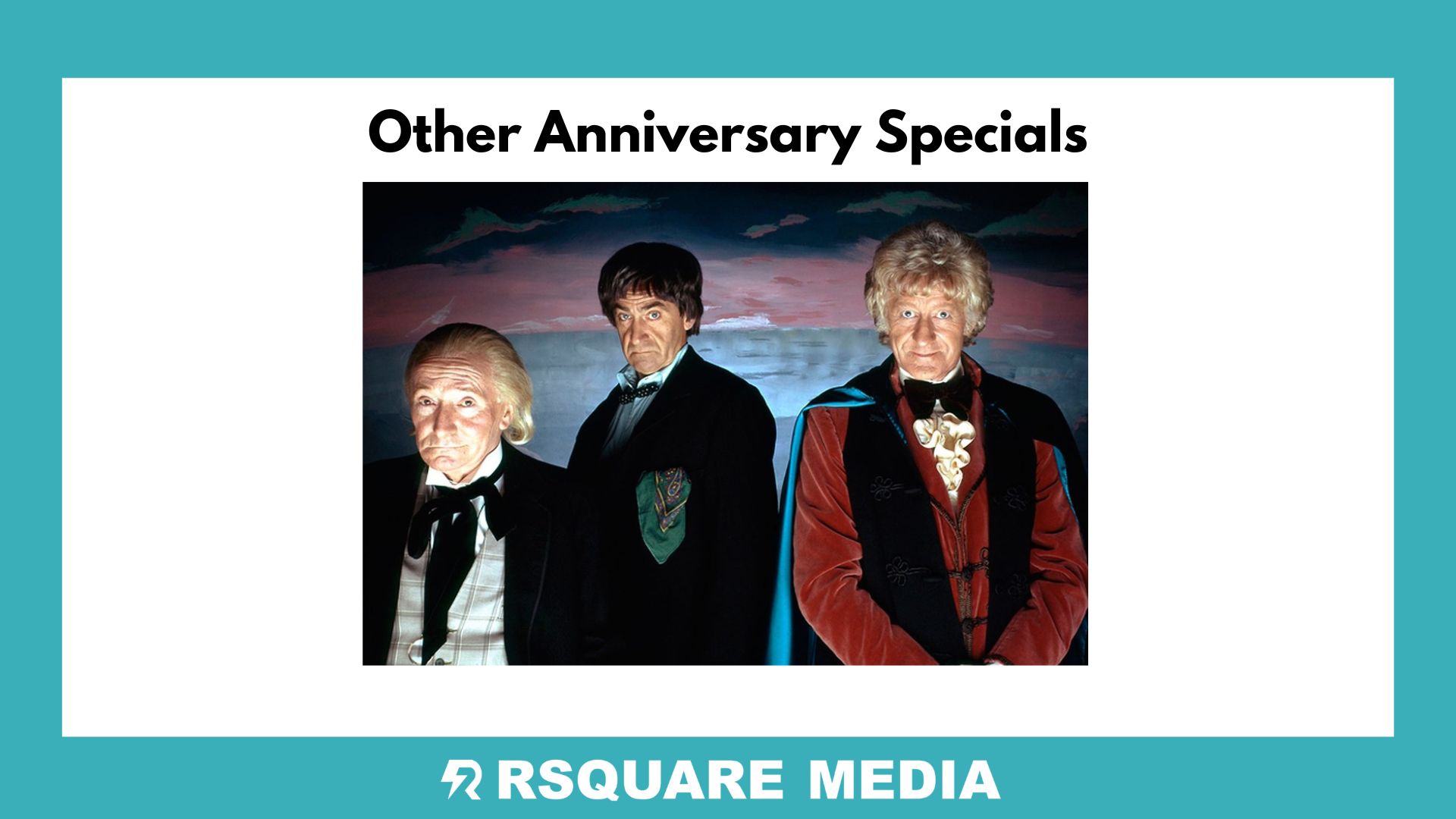
Digital Storytelling: Expanding the Universe
Doctor Who’s storytelling ventures into the digital realm as well. The 2003 webcast with the Ninth Doctor mentioned earlier is an example. Additionally, the show has incorporated interactive elements into its website and social media platforms, offering fans a more immersive experience. These “Digital Storytelling” initiatives demonstrate the willingness to adapt and experiment with new ways to engage audiences.
The 60th Anniversary Specials: A Celebration of Storytelling Techniques
The 60th-anniversary specials showcase the diverse storytelling strengths of Doctor Who. “The Star Beast” utilizes flashbacks to explore the complex relationship between the Doctor and Donna Noble, exemplifying the power of emotional storytelling. “Wild Blue Yonder” takes a more introspective approach, focusing on character development and creating a chilling atmosphere with its “Raw Storytelling” techniques. Finally, “The Giggle” introduces the new Doctor with a surprising twist, highlighting the show’s boldness in exploring unconventional narratives.
A Legacy of Reinvention: A Look Forward
Doctor Who’s storytelling legacy is one of constant evolution. From the “Raw Storytelling” of the classics to the dazzling “Visual Storytelling” of the revival, the show has embraced new technologies and narrative techniques while retaining its core strengths. The 60th-anniversary specials served as a microcosm of this commitment to innovation, utilizing a variety of storytelling tools to deliver a unique and engaging experience for fans. As the Doctor embarks on a new chapter with Ncuti Gatwa, we can be sure that Doctor Who will continue to explore new storytelling frontiers, ensuring its place as a sci-fi powerhouse for generations to come. Build a strong online brand with our expert social media marketing strategies! Learn more here. Get a free quote and let’s get started!
On November 23rd, 1963, the BBC premiered a low-budget sci-fi series titled “Doctor Who.” The show featured William Hartnell as Dr. Who, a time-traveling Time Lord who ventured through time and space in the company of his granddaughter, Susan, and her school teachers, Ian and Barbara. The actors would not be credited as “The Doctor” until 1980, the end of Tom Baker’s run. This pattern of anniversary specials showcasing multiple Doctors and exploring the rich tapestry of Doctor Who history highlights the show’s ability to evolve while honoring its roots, a storytelling technique often employed by Rsquare Media to create engaging and nostalgic brand experiences.
Doctor Who is a story about a Time Lord named The Doctor from the planet Galli Frey traveling the universe in their Time and Space machine, the TARDIS, which looks like a 1960s police box. The Doctor fights evil and saves people, gathering friends who travel with them. When close to death, Time Lords can regenerate, changing their appearance and sometimes their gender or race.
The original series ran from 1963 to 1989, then took a television hiatus but continued through books, comics, spinoffs, and audio dramas. In 1996, Fox attempted to revive the series with a TV movie, but it wasn’t until 2003, when Russell T. Davies revived the series, that it truly continued, leading to the past 20 years of adventures.
Doctor Who’s media footprint, much like the TARDIS, is bigger on the inside. You might start with the TV series, particularly the 2005 revival, but soon discover the vast universe of content this sci-fi franchise encompasses, including Animated Movie adaptations and Digital Storytelling innovations.
To learn more about social media marketing strategies, click here.
Schedule your free discovery call here.
Fill out our intake form to help us understand your business goals and online visibility needs.
Decade Anniversaries Before the 60th
In every decade anniversary before the 60th, the specials featured current Doctors teaming up with their past selves.
For the 10th anniversary, The First, Second, and Third Doctors teamed up in The Three Doctors (1973) to stop the first Time Lord, Omega, from destroying the universe. The special introduced multi-Doctor stories and the fact that The Doctor often bickers with their other incarnations.
In The Five Doctors (1983), all five Doctors up to that point teamed up in the Death Zone on Gallifrey. Although [Tom Baker](https://tardis.fandom.com/wiki/Tom_Baker), the Fourth Doctor, didn’t participate directly, his presence was felt through unused footage from the canceled 1979 episode [*Shada*](https://tardis.fandom.com/wiki/Shada).
The 1993 charity special [*Dimensions in Time saw the Third, Fourth, Fifth, Sixth, and Seventh Doctors united against fellow Time Lord mad scientist, [The Rani](https://tardis.fandom.com/wiki/The_Rani). This special isn’t considered official canon.
In 2003, for the 40th anniversary, no TV specials were produced. Instead, there were drama audios , comics, books, and webcasts, including a new Ninth Doctor portrayed by Richard E. Grant in the animated webcast Scream of the Shalka . This was a significant moment in Animated Movie storytelling within the Doctor Who universe.
The 50th anniversary in 2013 featured The Day of The Doctor, centering around the Tenth and Eleventh Doctors confronting their hidden past self, the [War Doctor](https://tardis.fandom.com/wiki/War_Doctor), who fought in the Time War. This special was a significant event, celebrating half a century of Doctor Who and was shown in theaters. This pattern of anniversary specials showcasing multiple Doctors and exploring the rich tapestry of Doctor Who history highlights the show’s ability to evolve while honoring its roots, a storytelling technique often employed by Rsquare Media to create engaging and nostalgic brand experiences. Bring your brand to life online with our creative website designing services!
To learn more about website design services, click here.
Schedule your free discovery call here.
Fill out our intake form to help us understand your business goals and online visibility needs.
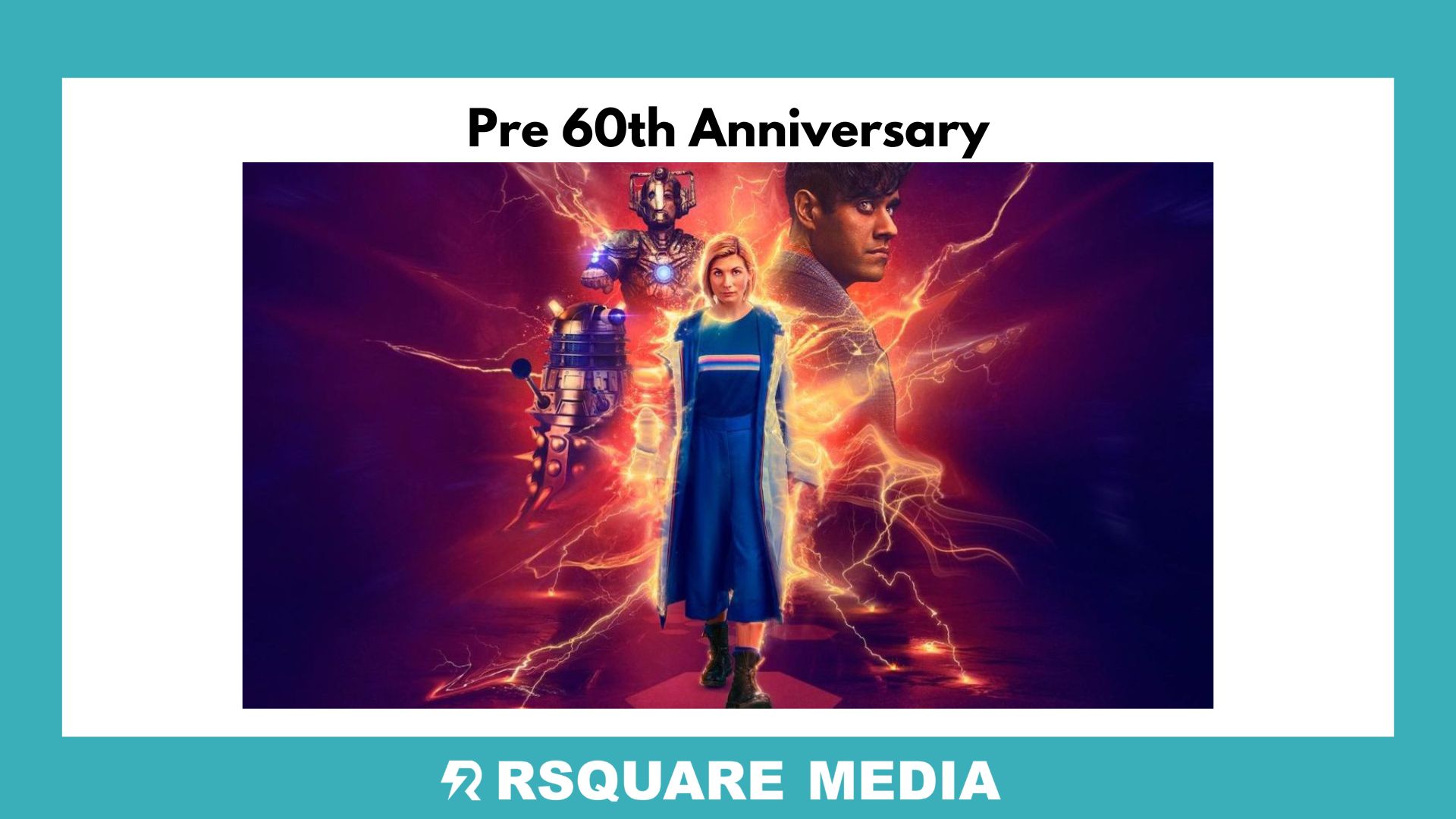
Pre-60th Anniversary
In November 2022, The Power of The Doctor aired, marking the end of Chris Chibnall’s run as showrunner and Jodie Whittaker’s tenure as the Thirteenth Doctor. This special coincided with the 100th anniversary of the BBC, featuring the Daleks, Cybermen, and The Master teaming up to destroy Earth.
By then, it was known that Ncuti Gatwa would be the next Doctor, with Russell T Davies returning as showrunner. However, there were rumors about David Tennant’s return, leading to fan speculation and mixed feelings.
When the Thirteenth Doctor regenerated at the end of The Power of The Doctor, David Tennant appeared as the Fourteenth Doctor. This unexpected twist led to a year of anticipation and anxiety among fans. Create a stunning online identity with our professional website designing services! Explore our approach here. Get a free quote for your dream website
To learn more about website design services, click here.
Schedule your free discovery call here.
Fill out our intake form to help us understand your business goals and online visibility needs.
Anxieties About The 60th
As a fan of the Twelfth and Thirteenth Doctors, I was worried about David Tennant’s return overshadowing Ncuti Gatwa’s Doctor. There was concern about fans continuing to express a preference for Tennant, as they did during Whittaker’s run. Additionally, Russell T Davies’ previous track record with characters of color on Doctor Who added to the anxiety.
The 60th Anniversary Specials and their Storytelling Techniques
Despite initial reservations, I enjoyed the specials more than expected. Let’s delve into them:
The Star Beast
The Star Beast reintroduces us to Donna and The Doctor, giving a brief rundown of their last encounter. Donna, who took the mind of The Doctor into her own, had her memory wiped to save her from dying. Now, The Doctor’s old face has returned, and he immediately bumps into Donna and her daughter Rose as a spaceship crashes in London. The ship belongs to an alien called The Meep, pursued by Wrarth Warriors. This story is based on a 1980 comic featuring Tom Baker’s Fourth Doctor, with an audio adaptation by Big Finish in 2019.
Catherine Tate and David Tennant effortlessly slip back into their roles, their banter continuing even as Donna doesn’t remember The Doctor. New additions to the cast include Yasmin Finney as Rose Noble and Ruth Madeley as Shirley Anne Bingham, UNIT’s scientific advisor. Rose’s positive trans representation and Shirley’s portrayal of a wheelchair user are commendable steps towards inclusivity.
However, the pacing felt too fast, possibly due to my comparison with the two-hour audio adaptation. Additionally, revealing Rose’s deadname was unnecessary and problematic. I also disliked the new TARDIS interior and sonic screwdriver designs.
To learn more about social media marketing services! click here.
Schedule your free discovery call here.
Fill out our intake form to help us understand your business goals and online visibility needs.
Make a lasting impression online with our effective social media marketing services! Learn more about our approach here. Click for a free quote!
Wild Blue Yonder: Visual and Raw Storytelling
In Wild Blue Yonder, The Doctor and Donna get stranded at the end of the universe on a mysterious ship with walls rearranging themselves and beings from beyond the universe mimicking them. This slow character study of The Doctor and Donna’s relationship has been compared to Midnight and Heaven Sent. The concept of a spaceship lost at the edge of the universe is executed brilliantly, with chilling moments like “my arms are too long.” This episode showcases the power of Visual Storytelling in creating tension and atmosphere.
The episode’s emphasis on Raw Storytelling shines through the minimalist setting and the focus on character interactions rather than action-packed sequences. This stripped-down approach allows for a deeper exploration of the characters’ fears and motivations, providing a gripping narrative that relies on performance and dialogue.
Despite some goofy CGI, which I adore for its classic *Doctor Who* charm, this episode was excellent. Seeing The Doctor reunite with Wilfred Mott, played by the late Bernard Cribbins , was touching.
Elevate your business our creative solutions! Discover our portfolio here. Click for a free quote!
This pattern of creating engaging narratives highlights the storytelling techniques often employed by Rsquare Media to create immersive and nostalgic experiences.
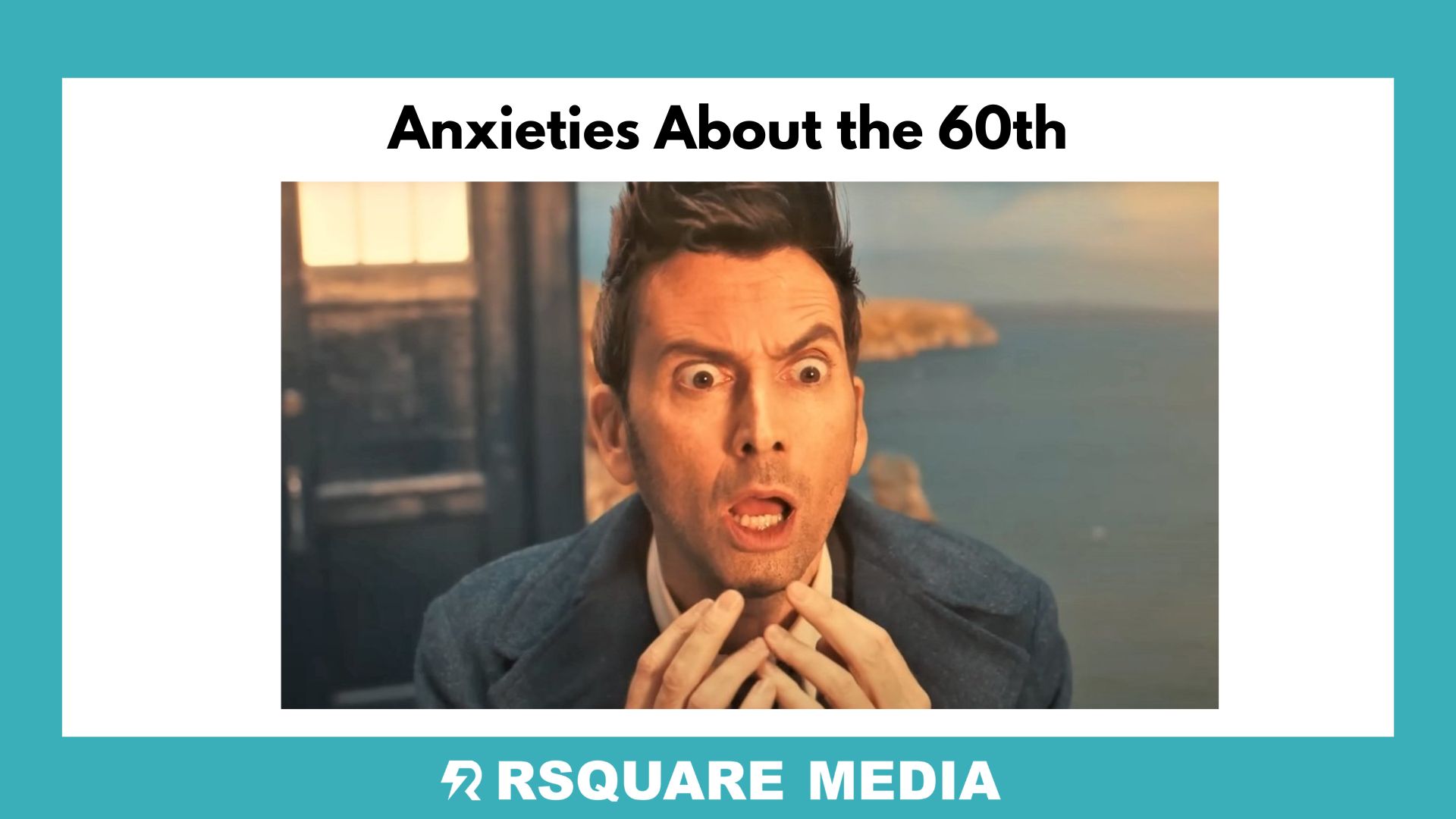
The Giggle: Digital Storytelling and Storyteller Tactics
The Giggle sees The Doctor and Donna return to an Earth where everyone has gone mad. The Doctor discovers that The Toymaker , an entity from a different plane of existence, has entered the universe. Neil Patrick Harris plays The Toymaker with campiness and threat, reminiscent of his character in The Matrix Resurrections. UNIT’s presence is a welcome addition. This special highlights Digital Storytelling with its innovative use of technology and effects.
We also get an introduction to Ncuti Gatwa’s Doctor, who coexists with David Tennant’s Fourteenth Doctor due to bi-generation. This concept has received mixed reactions, but I enjoy *Doctor Who* breaking its own canon. The use of Storyteller Tactics in weaving complex narratives and character arcs is evident throughout this episode.
The blend of traditional and digital storytelling methods creates a unique experience that bridges the gap between classic and modern *Doctor Who*. The inclusion of advanced CGI and special effects enhances the narrative, making it visually appealing while retaining the essence of the show’s storytelling roots.
I’m excited to see Ncuti Gatwa in the role.
This blend of storytelling techniques is a hallmark of the engaging narratives often produced by Rsquare Media.
A bit messy but solid 8/10.
The Evolution of Doctor Who’s Storytelling
*Doctor Who’s* ability to adapt and evolve its storytelling techniques over the years has been a significant factor in its longevity and success. From its early days of practical effects and serialized storytelling to its current use of advanced digital effects and complex narrative structures, the show has continuously pushed the boundaries of sci-fi storytelling.
Visual and Raw Storytelling have been at the heart of some of the most iconic episodes, such as Blink and Vincent and The Doctor. These episodes use minimal special effects and focus on emotional and psychological depth, creating memorable and impactful stories.
The introduction of Digital Storytelling has allowed *Doctor Who* to create more visually stunning and immersive worlds. Episodes like The Waters of Mars and The Eleventh Hour showcase how digital effects can enhance the storytelling without overshadowing the characters and plot.
Storyteller Tactics have also evolved, with the show experimenting with non-linear narratives, unreliable narrators, and complex character arcs. The use of flashbacks, time loops, and alternate realities has added depth and intrigue to the series, keeping audiences engaged and invested.
This ongoing evolution in storytelling techniques reflects the innovative approaches championed by Rsquare Media in their work.
Significance of Doctor Who’s Storytelling Legacy
Doctor Who’s storytelling legacy lies in its versatility and willingness to explore new ideas and themes. The show has tackled complex issues such as morality, identity, and the nature of time and existence. Episodes like The Doctor’s Wife and The Zygon Inversion delve into the emotional and philosophical aspects of the characters and their experiences, making the show more than just a sci-fi adventure.
The character of The Doctor itself is a study in Storyteller Tactics. The Doctor’s ability to regenerate allows for a continuous reinvention of the character, bringing new perspectives and storytelling possibilities with each new actor. This unique aspect of the show ensures that Doctor Who remains fresh and relevant, even after six decades. Build strong customer connections with our expert social media marketing strategies! Learn more here. Get a free quote and let’s get started!
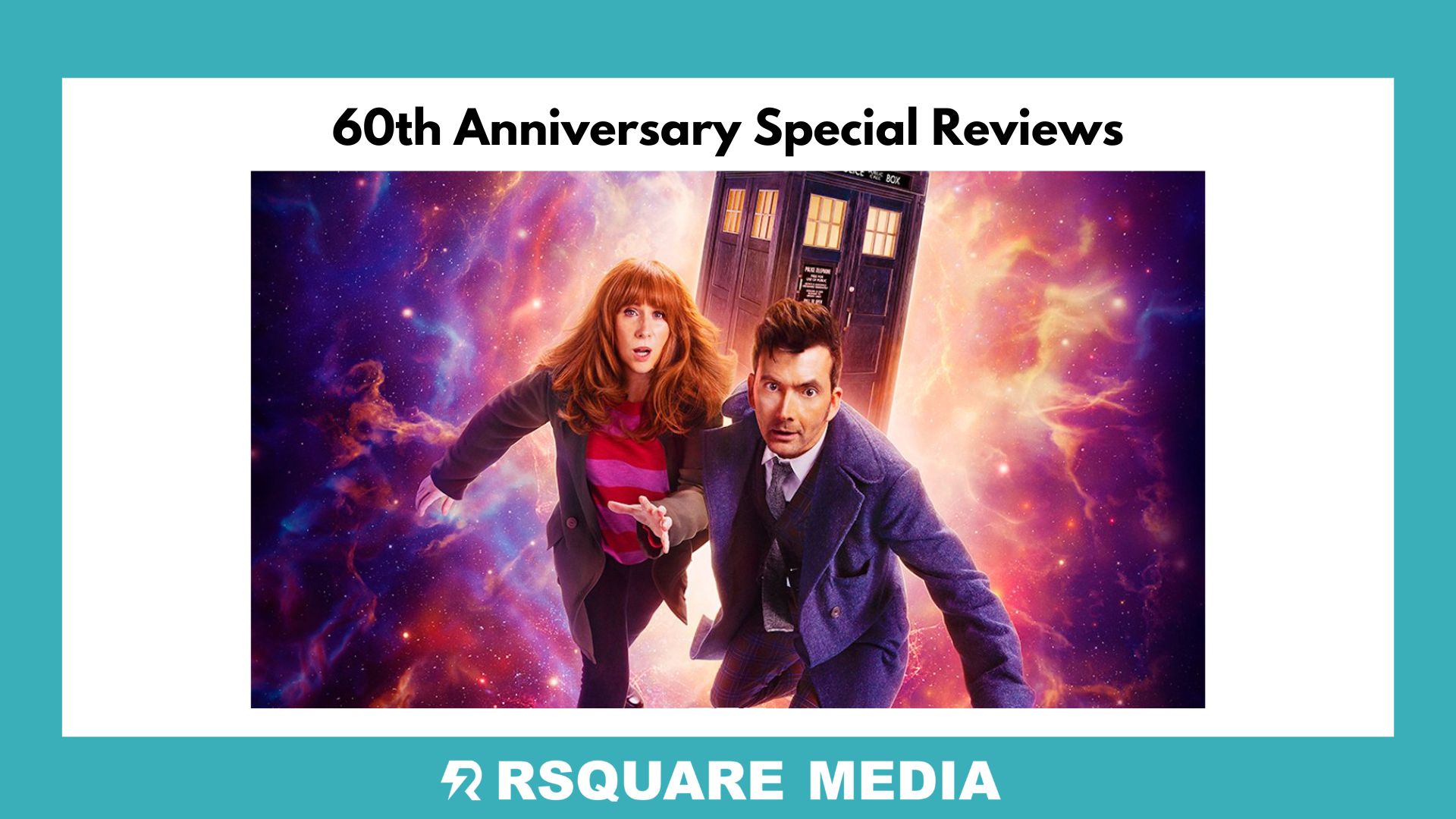
Impact on Modern Storytelling
Doctor Who has had a profound influence on modern storytelling, inspiring a generation of writers, filmmakers, and artists. The show’s innovative use of time travel, its rich character development, and its ability to balance episodic and serialized storytelling have set a standard for many contemporary sci-fi and fantasy series.
Shows like Stranger Things, The Mandalorian, and Black Mirror have drawn inspiration from Doctor Who’s storytelling techniques, blending episodic adventures with overarching narratives and deep character studies. The emphasis on Visual Storytelling and Raw Storytelling in these shows can be traced back to the pioneering efforts of Doctor Who.
This influence on modern storytelling methods highlights the innovative approaches often employed by Rsquare Media in their projects.
Exploration of Themes in Doctor Who’s Storytelling
Doctor Who has always been more than just a sci-fi adventure; it has been a platform to explore deep and often complex themes. From the very beginning, the show has delved into issues of morality, identity, and the consequences of power.
The Role of Morality
One of the central themes in Doctor Who is the moral dilemma that The Doctor faces in almost every adventure. The show explores the consequences of decisions and the ethical boundaries that The Doctor must navigate.
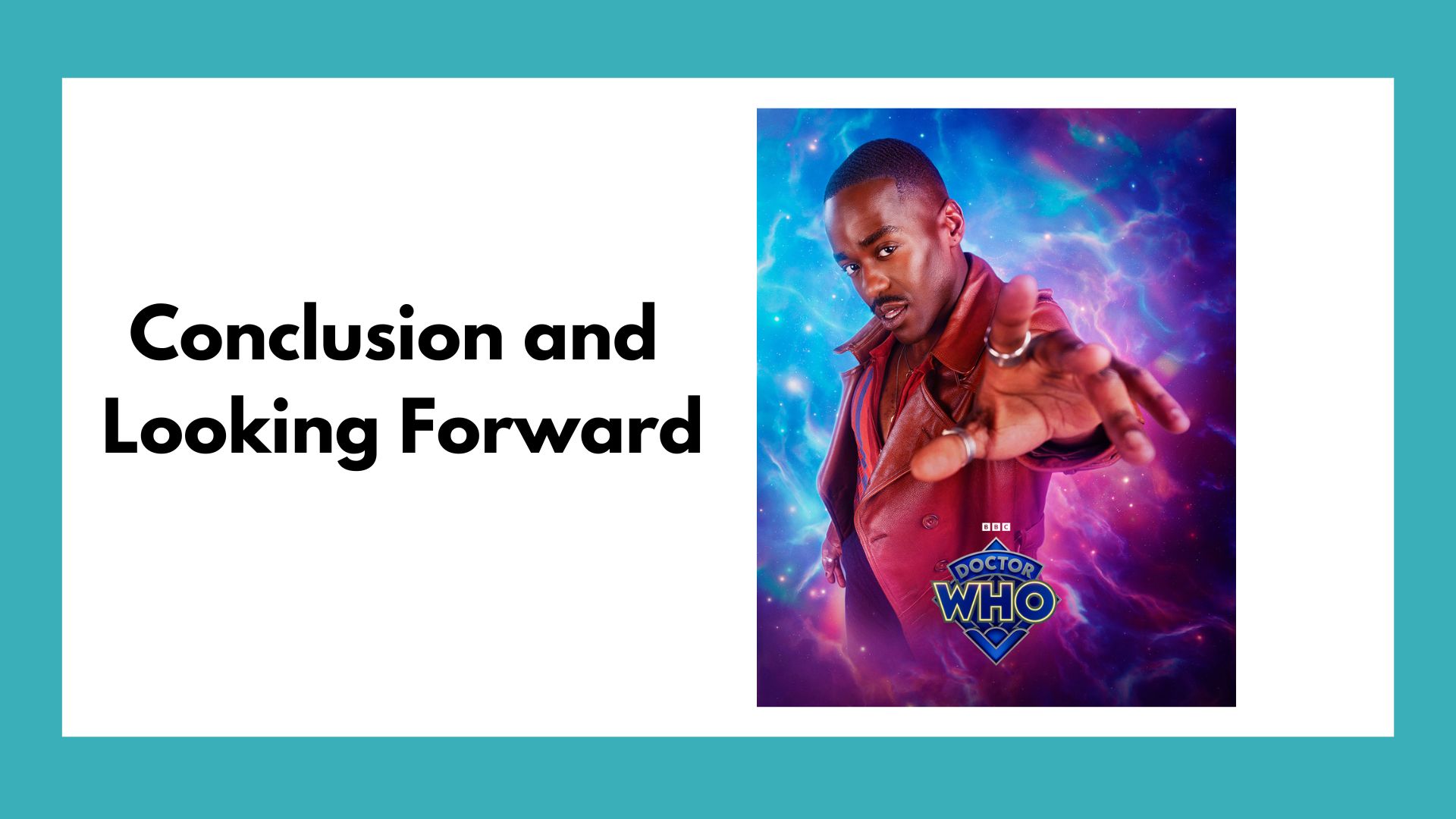
Conclusion
The Doctor Who anniversary stories are among my favorites. While these three specials don’t compare much to The Five Doctors or The Day of The Doctor, they reassured me about Russell T Davies’ return to showrunning. I remain slightly anxious about his handling of a black Doctor, given his previous track record.
Doctor Who’s storytelling legacy is a testament to its ability to evolve and adapt while remaining true to its core themes and characters. As we look forward to Ncuti Gatwa’s tenure as The Doctor, we can be confident that the show will continue to push the boundaries of storytelling, inspiring and entertaining audiences for years to come.
If you’re inspired by the innovative storytelling of Doctor Who and want to create engaging narratives for your projects, contact Rsquare Media to learn how they can help bring your vision to life.

